The Amazon’s Borderlands: A Vital Stronghold for Indigenous Peoples Living in Voluntary Isolation
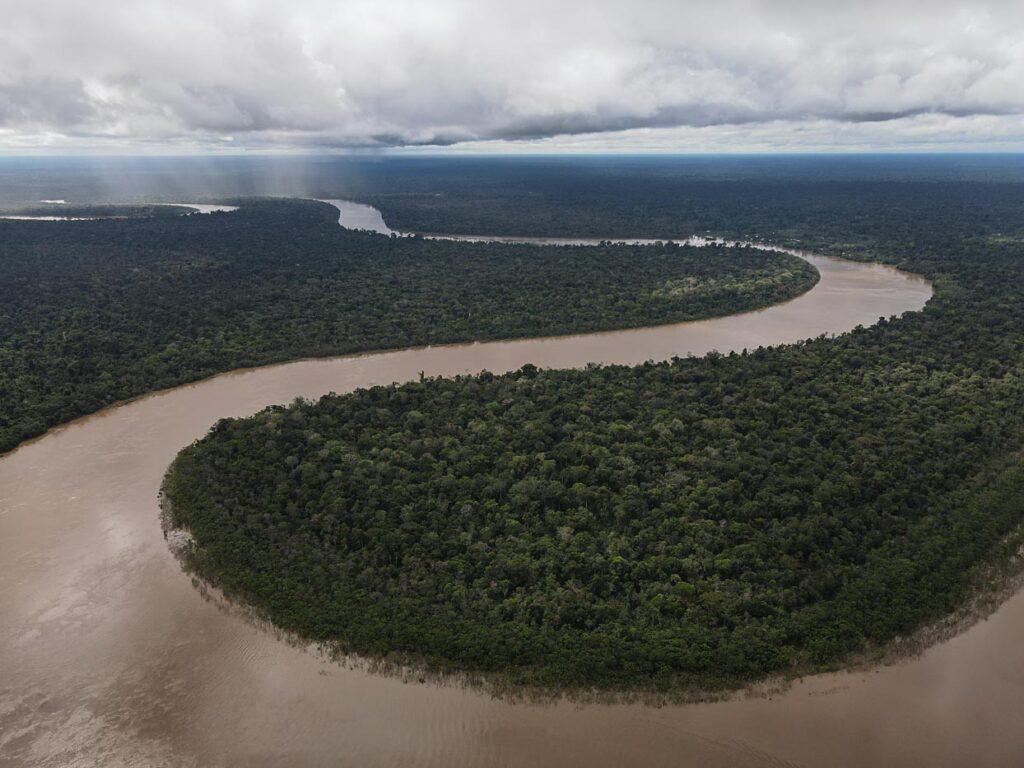
In the borderlands of the Peruvian and Brazilian Amazon rainforest, the Yavarí-Tapiche and the Pano Arawak Corridors contain the world’s largest contiguous territories of Indigenous peoples living in voluntary isolation.
What if We Acted for Our Planet Before It’s Too Late?
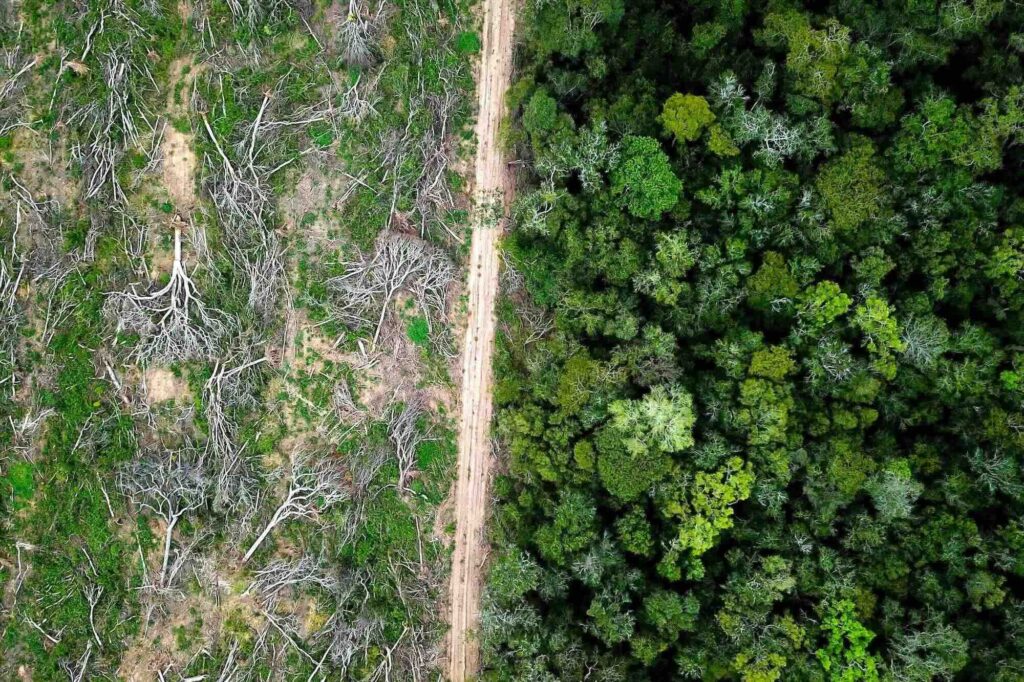
Rainforest Foundation US (RFUS), alongside Indigenous partners, has long advocated for a proven solution to mitigate the impacts of climate change—securing Indigenous peoples’ rights to their ancestral lands in Latin America’s rainforests.
Land Rights and Monitoring Revitalize Indigenous Peoples’ Connections to Ancestral Lands
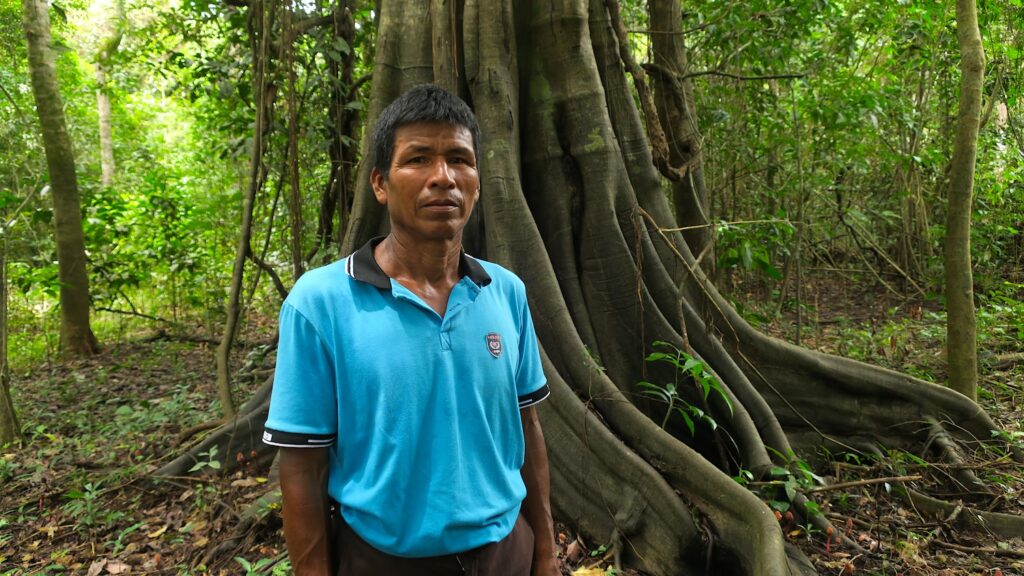
While securing land tenure and rainforest monitoring is pivotal to reducing deforestation and protecting biodiversity—it can also enable Indigenous peoples to deepen their cultural connections to and understanding of their ancestral lands.
Indigenous Women Rising: Breaking Barriers and Leading the Fight to Protect the Amazon
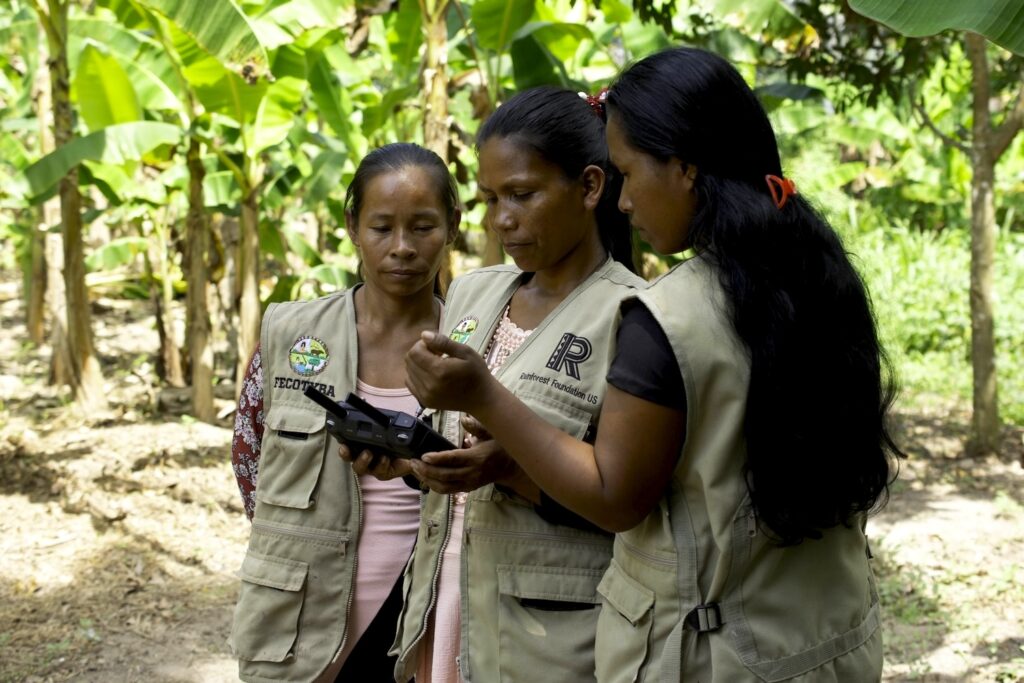
Indigenous women are increasingly taking the lead in monitoring their rainforest lands and stepping into key leadership roles within their communities. By breaking barriers and asserting their place on the frontlines, Indigenous women are driving the fight to safeguard the rainforest, preserve their cultures, and shape the future of our planet.
The True Cost of Gold: Mining, Malaria, and the Fight for Indigenous Peoples’ Lands in Guyana
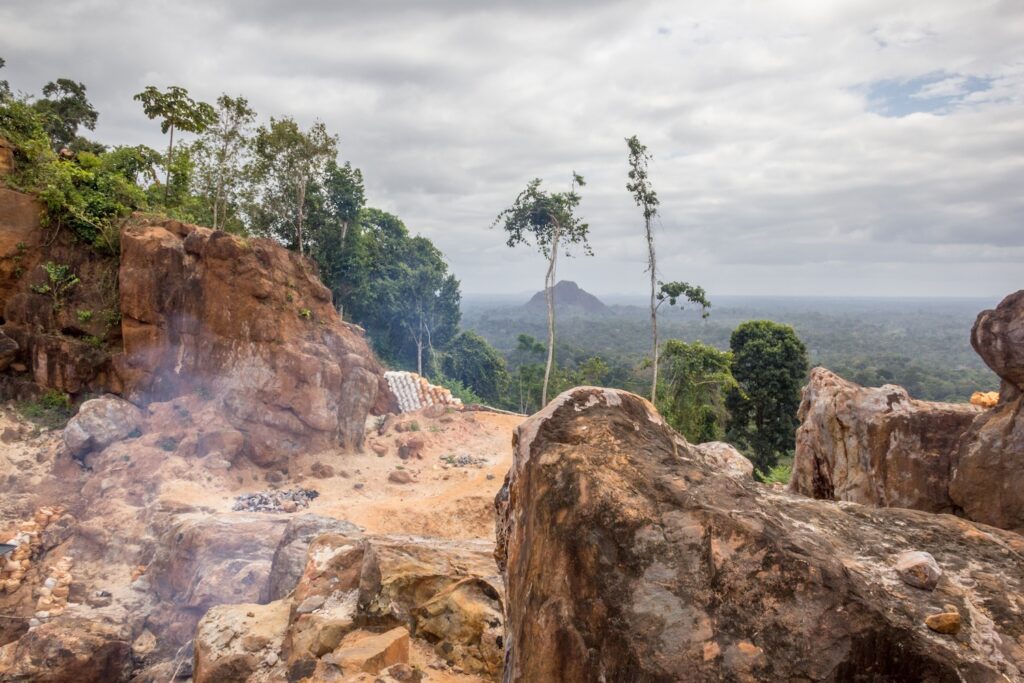
A growing dual crisis of public health and environmental devastation is unfolding in the Amazon rainforest. Over the past decade, a surge in illegal and unregulated gold mining has had the unexpected side effect of leading to a sharp rise in malaria cases, disproportionately affecting Indigenous communities across the Guiana Shield.
Navigating Uncertainty: Protecting the Rainforest Amid Political Change
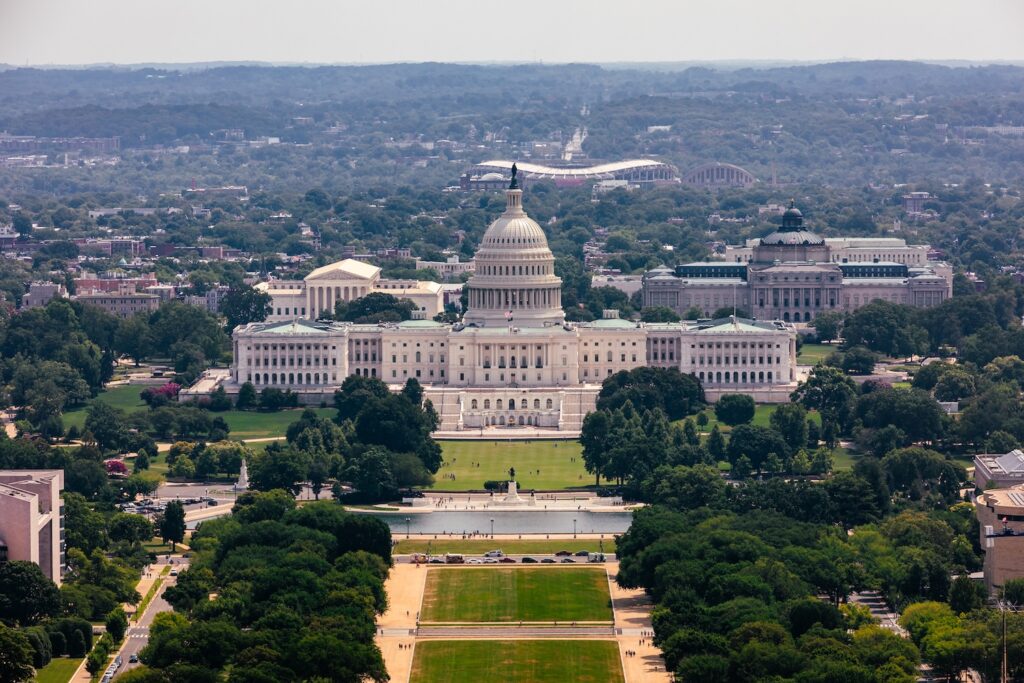
The Trump Administration has formally directed the US withdrawal from the Paris Agreement and other climate-related commitments, posing challenges to global climate action, biodiversity preservation, and international cooperation.
From the Amazon to LA: Destruction From Climate Change and Greed Know No Boundaries
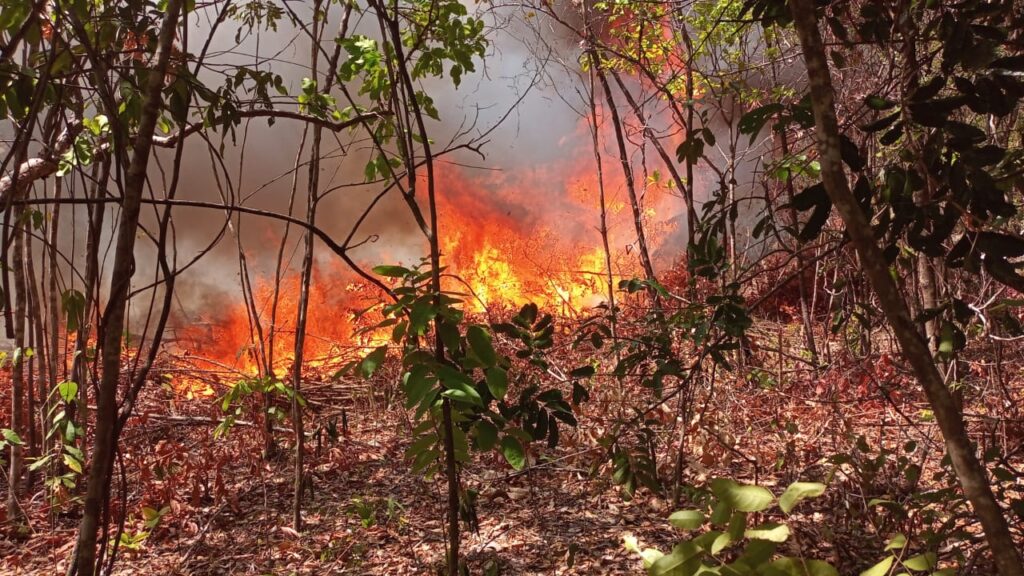
Fires ravage the São Marcos Indigenous Territory in Brazil, February 2024.
A Year of Resilience, Progress, and Hope for Rainforests and Indigenous Peoples’ Rights
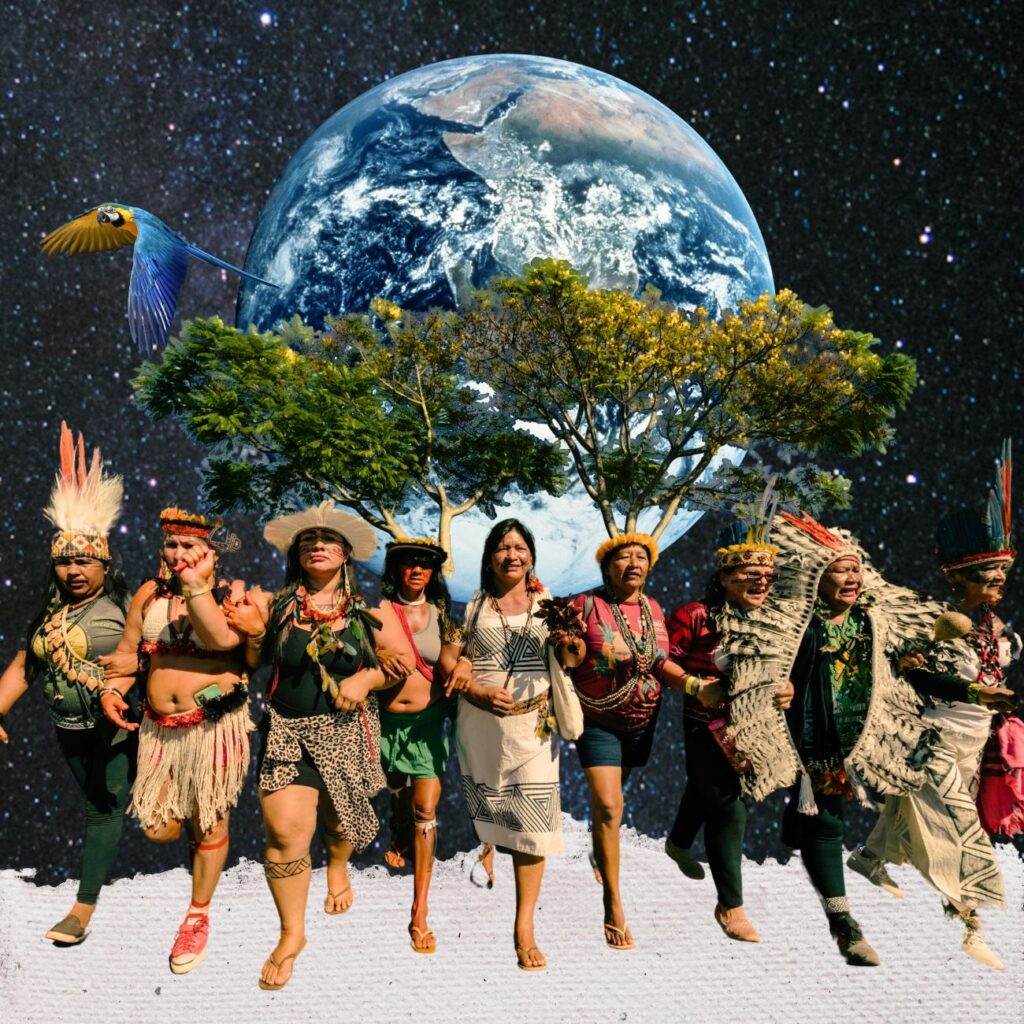
As 2024 comes to a close, there’s much to reflect on. It was a year of immense challenges. Yet despite these challenges, we made significant achievements in protecting rainforests and supporting our Indigenous partners across the Amazon and Central America in their efforts to defend their ancestral territories—making 2024 a year defined by resilience, hope, […]
The Future of Giving: How Crypto and AI Are Supporting Rainforest Protection

One of the more recent examples of technological potential is through S.A.N (Sentient Advocate of Nature), an AI creation designed to act as the “voice of the Earth.”
COP16 & COP29: Global Promises Must Turn Into Urgent Action
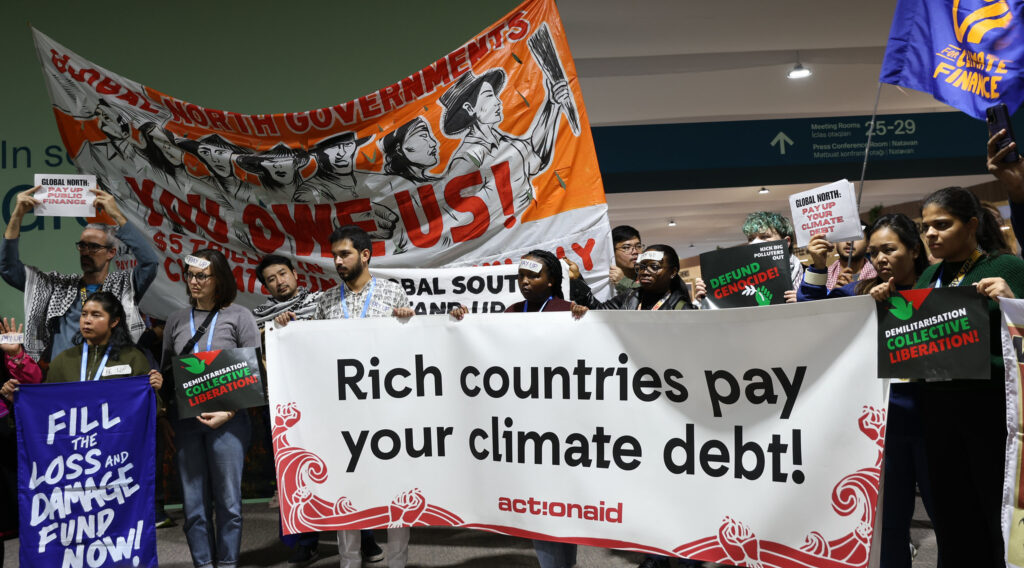
Never before has the need for global unity in addressing the climate crisis been more urgent. Predictions have been made with near certainty that 2024 will be the warmest year on record. [1] This year, the Amazon rainforest experienced its worst drought in recent history, accompanied by a record number of fires that blazed across […]



